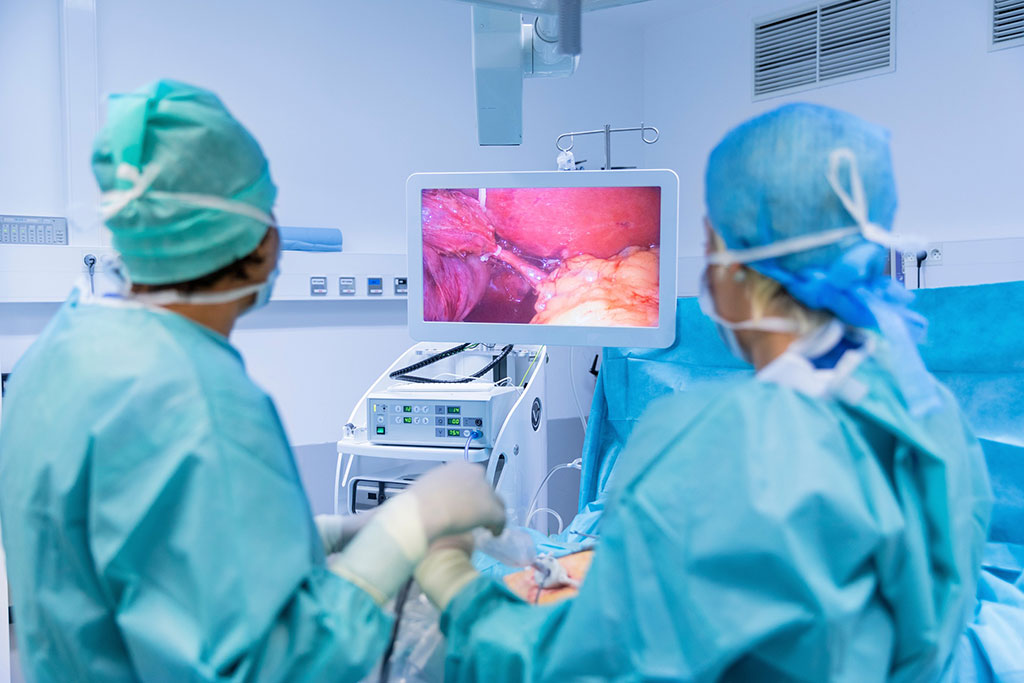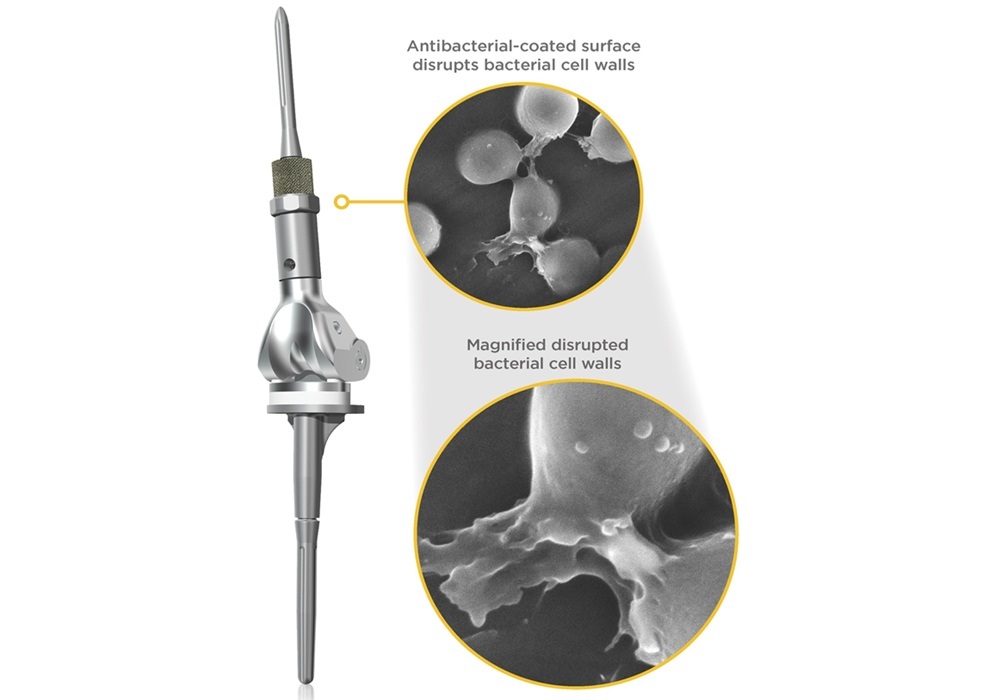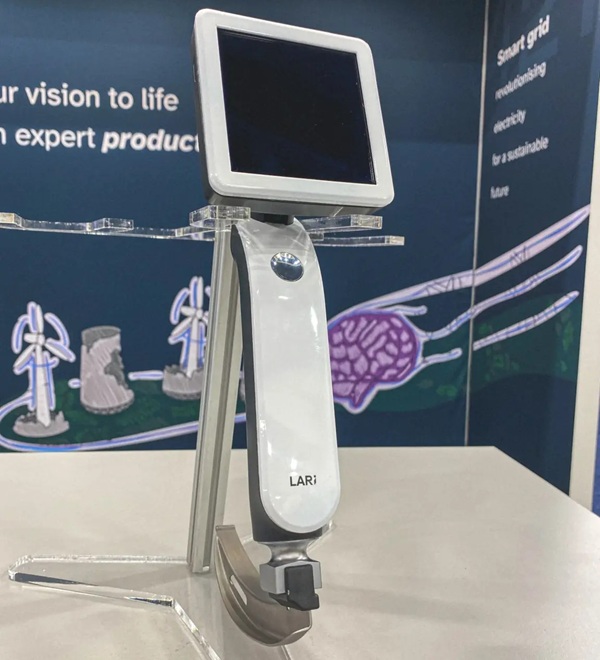AI Transforms Colonoscopy by Improving Detection and Reducing Missed Rates
Posted on 06 Dec 2023
Colorectal cancer ranks among the top three most common types of cancer globally and is a significant factor in cancer-related deaths. A primary strategy to reduce colorectal cancer incidence involves early detection and removal of adenomatous polyps via colonoscopy. It's noted that a 1% increase in the adenoma detection rate typically corresponds to a 3% decrease in colorectal cancer risk. However, there's an estimated 27% rate of missed adenomas during endoscopy that can be attributed to cognitive or technical errors. Recently, the use of artificial intelligence (AI) has been explored to enhance polyp detection during colonoscopies, aiming to minimize human error. Despite this, inconsistencies in research outcomes concerning AI-based adenoma detection tools and concerns regarding overdiagnosis, which could lead to unnecessary patient stress and costs, persist.
In a new study, researchers at Harbin Medical University (Harbin, China) undertook an extensive review of randomized controlled trials to assess the pros and cons of AI-based systems in adenoma detection, comparing them with traditional colonoscopy methods. This thorough meta-analysis intended to deepen the understanding of AI-assisted detection of colorectal neoplasia. The findings revealed that AI-enhanced colonoscopy methods significantly improved the detection of colorectal neoplasia and markedly reduced the rates of missed adenomas and polyps. These AI-assisted studies also reported notable increases in both polyp and adenoma detection rates, including the average number of adenomas and polyps identified per colonoscopy procedure.

Specifically, the miss rate for polyps using AI-based colonoscopy methods was reduced by 52.5%, and the polyp detection rate was 23.8% higher compared to standard procedures. Additionally, the number of polyps discovered per colonoscopy was higher by 0.271 when utilizing AI-based methods. However, there was considerable variability in outcomes related to polyp detection across these studies. Likewise, the adenoma detection rate improved by 24.2%, and the adenoma miss rate decreased by 50.5% with AI methods. On average, 0.202 more adenomas were detected per colonoscopy using AI-enhanced detection techniques. Yet, these trials also displayed significant heterogeneity in their adenoma detection results.
The study findings indicate that AI-integrated colonoscopy could substantially improve adenoma and colorectal neoplasia detection rates. Minor enhancements in colonoscopy quality could lead to significant benefits in large-scale colorectal cancer screening programs, contributing to uniformity and improved quality in colonoscopy procedures. The research team believes there is a need for further long-term studies to validate the long-term effectiveness of AI-based colonoscopy methods in reducing the rates of morbidity and mortality associated with colorectal cancer.
Related Links:
Harbin Medical University














